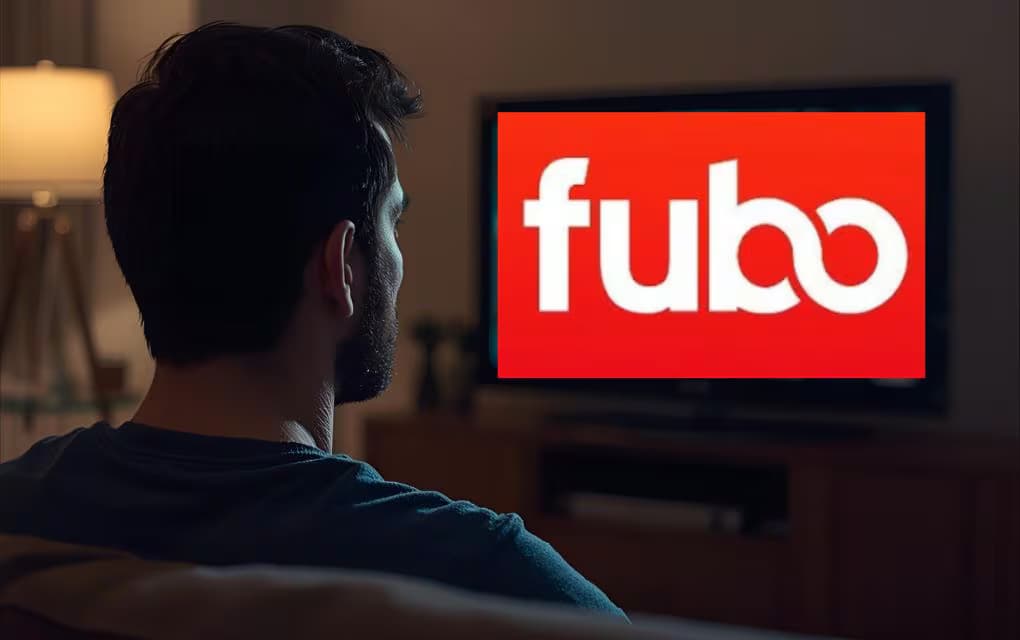We're loading the full news article for you. This includes the article content, images, author information, and related articles.
A high-stakes contract dispute in the U.S. between streaming service Fubo and media giant NBCUniversal offers a critical look at the shifting global media landscape, where content access is increasingly shaping consumer choice, a trend with long-term implications for the Kenyan market.

A significant contract dispute between American streaming provider Fubo and media conglomerate NBCUniversal has resulted in a blackout of all NBCU networks on the Fubo platform, effective from Friday, November 21, 2025. While Fubo primarily serves customers in the United States, Canada, and Spain, the standoff highlights a growing global trend of intense, often public, negotiations between content creators and distributors that could reshape how audiences in Kenya and across East Africa access international programming in the future.
The core of the disagreement lies in the financial and packaging terms for distributing NBCUniversal's portfolio of channels. Fubo stated that NBCU offered terms that were "egregiously above those offered to other distributors." In a statement released on Tuesday, November 25, Fubo accused NBCUniversal of engaging in "discriminatory tactics" by refusing to allow Fubo to offer a slimmed-down, sports-focused package and demanding carriage of its entire, more expensive channel portfolio. Fubo also alleged that NBCU is unfairly preventing it from integrating the Peacock streaming service into its platform, a right it has granted to competitors like YouTube TV and Amazon Prime.
Conversely, an NBCUniversal spokesperson asserted that Fubo "has chosen to drop NBCUniversal programming despite being offered the same terms agreed to by hundreds of other distributors." The media giant characterized Fubo's decision as "par for the course," noting the streaming service has dropped other networks in recent years. The blackout affects nearly 1.6 million Fubo subscribers, who have lost access to channels such as NBC, Bravo, USA Network, CNBC, and Telemundo.
While Fubo does not operate directly in Kenya, the dynamics of this dispute are highly relevant. Kenyan viewers receive a significant amount of international content, including from NBCUniversal, through local and regional providers like DStv and its streaming arm, Showmax. In a landmark deal announced in March 2023, NBCUniversal became a 30% owner of a revamped Showmax service, which is powered by NBCU's Peacock technology. This partnership guarantees Showmax a pipeline of content from NBCUniversal and its sister company, Sky, for its subscribers across 50 African markets.
This direct investment and content-sharing agreement insulates regional viewers from the immediate effects of the Fubo blackout. However, the aggressive negotiation tactics and the trend of media giants bundling their streaming apps (like Peacock) with channel carriage deals signal a future where local distributors could face similar pressures. As global media companies seek to maximize revenue, they may increasingly push for all-or-nothing deals, potentially driving up subscription costs for consumers or limiting the variety of standalone channel packages available in the Kenyan market.
This incident is the latest battle in the so-called "streaming wars," a period of intense competition characterized by frequent and disruptive carriage disputes. In recent years, similar blackouts have occurred between major players like Disney and YouTube TV, highlighting the growing power of content owners to leverage their popular programming in negotiations. This trend is contributing to a phenomenon known as "subscriber fatigue," where consumers become frustrated with rising costs, the fragmentation of content across numerous services, and the complexity of navigating different platforms to find their desired shows.
For consumers, the immediate impact of the Fubo-NBCU dispute in the U.S. is the loss of key programming, including major sporting events like the Premier League and the NBA. To mitigate this, Fubo has offered affected customers a $15 credit. Meanwhile, viewers are being directed to alternative services like Hulu + Live TV, YouTube TV, or NBCUniversal's own Peacock app to access the missing content.
There is currently no projected date for the return of NBCUniversal's channels to Fubo, with negotiations ongoing. The dispute is further complicated by NBCUniversal's plan to spin off some of its cable networks into a new company, Versant, on January 1, 2026, a move that has become a sticking point in the multi-year deal negotiations. This corporate maneuvering adds another layer of complexity to a media environment already in flux. For Kenyan audiences, the resolution—or lack thereof—of the Fubo-NBCU standoff will serve as a bellwether for the future of content distribution, where the balance of power between global content creators and local distributors will determine the price, packaging, and accessibility of international entertainment.
Keep the conversation in one place—threads here stay linked to the story and in the forums.
Sign in to start a discussion
Start a conversation about this story and keep it linked here.
Other hot threads
E-sports and Gaming Community in Kenya
Active 9 months ago
The Role of Technology in Modern Agriculture (AgriTech)
Active 9 months ago
Popular Recreational Activities Across Counties
Active 9 months ago
Investing in Youth Sports Development Programs
Active 9 months ago